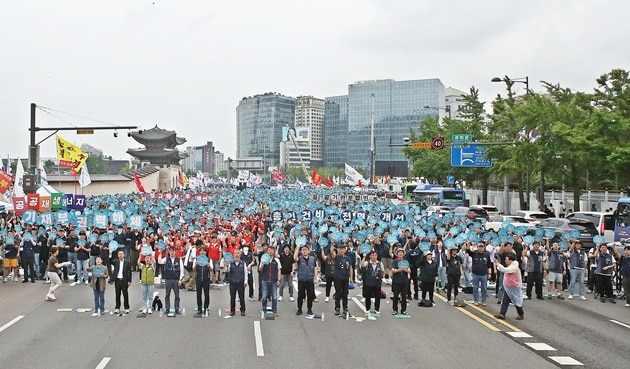Sweden: study shows 7 out of 10 retail workers work when sick
05.02.24
A survey conducted by UNI Global Union affiliate, Handels of Sweden, has shown that seven out of ten retail employees keep working when they are unwell. Instead of calling in sick, many retail workers clock in due to understaffing and inadequate paid sick-leave.
Handels’ report titled “Sick at Work” is based on a survey with 3,774 union members employed in the retail, warehouses/e-commerce, office work, hair, and beauty. The overall rate of “working when sick” is around 60 per cent across all sectors.
The respondents were also asked the underlying reasons: one out of two retail workers pointed out understaffing and high workload; if they don’t show up, their colleagues will have to work faster, skip breaks and work overtime.
“Employees in the commerce sector feel compelled to go to work, despite being ill, because they know that colleagues will otherwise have a hard time. The employers must take responsibility and ensure that there is good basic staffing,” said Linda Palmetzhofer, President of Handels.
The second biggest reason is equally worrying. Four out of ten respondents said that they cannot afford to be on sick leave as the first day of the leave is not paid and the following days are not fully compensated. Calling in sick directly means less income at the end of the month.
Highlighting the fact that low-income workers including retail workers are disproportionately affected by the rule and hence they have higher rates of sickness-presenteeism; Handels calls for abolishment of the first-day deduction of the sick leave.
Not wanting to bee seen as lazy or unproductive (29%), no one else can do the job (21%) and the fear of losing the job (17%) are among the other top reasons.
In reference to the research on the consequences of the sickness-presenteeism, Handels reminded that it increases the risk of physical and mental illness in the long run, it actually costs companies more in terms of reduced productivity than sickness absence, and it increases the risk of infection in the workplace.
“This important work by Handels in Sweden highlights a global issue for retail workers. By negotiating strong collective agreements that include robust terms on paid sick leave and adequate staffing, we can address the problem. No worker should feel compelled to work when they are ill,” said Mathias Bolton, Head of UNI Commerce.


